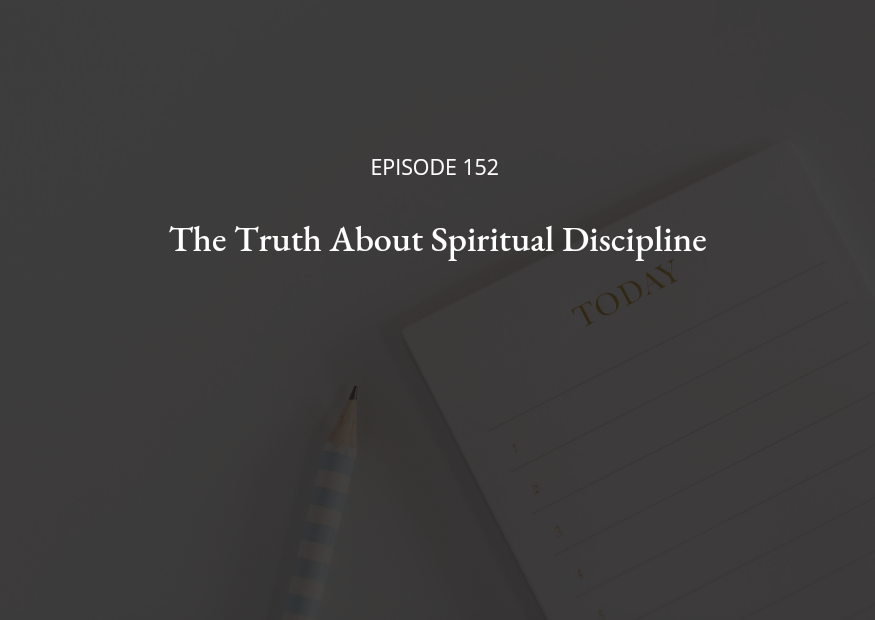Time is an ephemeral yet inexorable force that governs human existence. Within the Baha’i worldview, the use of time embodies a dualistic nature—an intersection of the material and the spiritual realms. As followers of Baha’i teachings contemplate the significance of time, one must ponder: How do we prioritize our temporal engagements in a manner that is reflective of our spiritual aspirations? This inquiry invites a playful challenge: Can one cultivate a disciplined approach to time while navigating the complexities of modernity?
Understanding the Baha’i perspective on time necessitates an exploration of its foundational principles. Baha’is conceptualize time not merely as a sequence of moments but as a sacred continuum where the spiritual and material dimensions intertwine. The teachings emphasize that every minute of our lives holds potential for spiritual growth. Therefore, to master the discipline of time, one must recognize the profound implications of how it is utilized.
At the heart of this discourse lies the concept of intention. Baha’i writings advocate for an awareness of intention in all actions. Each moment offers a choice between elevating our spiritual consciousness or succumbing to distractions that lead us away from our purpose. This inherent duality poses an intriguing dilemma: How often do we find ourselves engrossed in trivial pursuits, neglecting the imperative of spiritual elevation? Herein lies the first challenge in the quest for effective time management. The knowledge that time can either nurture or stifle our spiritual development serves as a clarion call for introspection.
Furthermore, one must consider the role of reflection as a vital spiritual discipline in determining the judicious use of time. Reflection becomes a mechanism through which individuals can assess their daily activities—scrutinizing whether actions align with divine principles. Regular reflection invites individuals to pause amid the frenetic pace of life, fostering a contemplative mindset. This practice necessitates an honest evaluation: Are we dedicating sufficient moments to rejuvenate our spiritual selves? The challenge here extends beyond mere acknowledgment; it requires proactive measures to reorder our priorities and fortify our spiritual practices.
Incorporating prayer and meditation into daily routines serves as another instrumental element in mastering the discipline of time. Baha’i teachings underscore the efficacy of prayer as not only a means of communion with God but also as a tool for clarifying one’s intentions. The act of prayer bridges the material and spiritual worlds, instilling a sense of purpose that can streamline one’s use of time. However, the challenge persists: How can one consistently integrate these spiritual practices into an increasingly hectic lifestyle? The answer lies in cultivating a regular rhythm that acknowledges the necessity of spiritual sustenance.
The symbiosis between community and individual practice is pivotal in realizing a disciplined approach to time. Engaging with fellow Baha’is provides a network of support that reinforces commitment to spiritual ideals. Participation in community activities and service projects allows for moments of collective reflection, anchoring individuals in their shared purpose. Yet, there exists an inherent challenge: In what ways can community engagement be optimized to ensure it complements rather than complicates personal spiritual practices? This balancing act requires ongoing dialogue and adaptation among community members.
The Baha’i teachings further elucidate the importance of service as a transcendent use of time that aligns individual actions with the well-being of humanity. Service embodies a profound manifestation of love for one’s fellow beings and offers a timeless avenue for spiritual enrichment. When time is allocated to serving others, it transcends self-serving pursuits and embodies a higher calling. The challenge, however, arises from the need to discern which forms of service truly resonate with one’s spiritual inclinations. How does one navigate the diverse array of opportunities while remaining anchored to a personal spiritual path?
Time, when infused with awareness and intention, transforms into a medium through which the divine can manifest. The Baha’i perspective implores adherents to view each moment as a precious gift—an opportunity for reflection, action, and connection. In this light, the use of time extends beyond mere scheduling; it embodies a holistic approach to life’s myriad experiences.
Moreover, the practice of setting goals can serve as a powerful mechanism for cultivating effective use of time. Baha’is are encouraged to establish both spiritual and material goals, thereby ensuring their activities reflect a balanced existence. Yet herein lies a subtle challenge: How can we ensure these goals are not merely a collection of aspirations but are infused with genuine spiritual significance? This necessitates a constant reevaluation of our motivations and the depth of our commitments.
Lastly, a harmonious relationship with time can be cultivated through an acceptance of its inherent impermanence. Baha’i teachings resonate with the notion that life is transient, urging individuals to embrace the present moment. The paradox of time management lies in the acceptance that despite our best efforts, certain moments may slip by unacknowledged. How can we find peace in recognizing that time may not always unfold as we envision? This acceptance encourages a more profound engagement with each moment, catalyzing a deeper appreciation for the journey of spiritual growth.
In conclusion, the discipline of time, as articulated through Baha’i teachings, offers a comprehensive framework for spiritual elevation. The interplay of intention, reflection, prayer, community, service, goal-setting, and acceptance establishes a holistic approach to time management. The challenges presented within this discourse compel individuals to continually seek alignment between their temporal actions and spiritual pursuits. As one navigates this intricate landscape, the potential for profound spiritual transformation becomes manifest, inviting each person to harness the boundless opportunities time affords while remaining anchored in their divine purpose.
